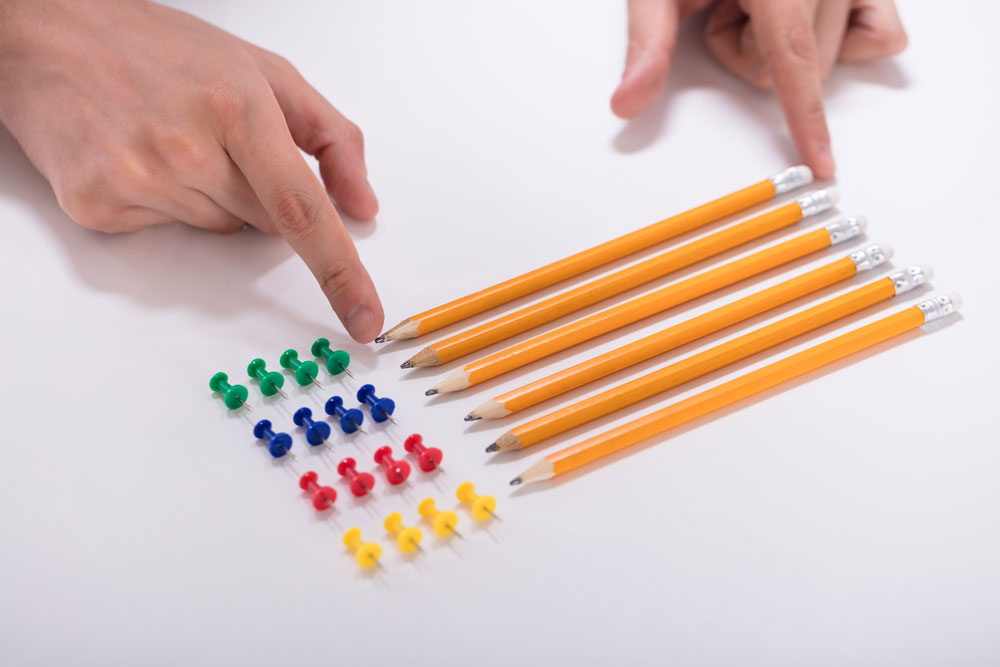Are you planning the content of the residents' everyday life and do you carry out the planned social activities?
This article has been translated with AI and written based on Swedish conditions. Hopefully, it can inspire interested parties from other countries.
Social activities at the nursing home are the foundation of good care. Humans are social creatures and loneliness is a health risk. Therefore, it is important to prioritize social activities for the elderly. There needs to be a wide range of activities to cater to all tastes. In addition, residents should be offered personal time with their contact person.
 Foto: Mostphotos
Foto: MostphotosPlanning Social Activities in Nursing Homes to Engage All Residents
The daily planning in nursing homes lays the foundation for implementing what has been agreed upon in the implementation plan. It is also crucial to monitor that each resident is offered activities and that they receive care and nursing of good quality. Monitoring the implementation of activities is an important part of quality work. Without planning, often nothing gets done.
Quality reviews of elderly care point out that many of the users within elderly care feel that they lack social stimulation and companionship. Moreover, opportunities for outdoor activities are limited.
Studies conducted in Norway among other countries show that when care is structured, time is freed up. Structure saves time. To ensure all residents receive quality care, planning is needed. You need to decide when is the most suitable time and come to an agreement so that those who are to perform tasks with care recipients do not feel they are shirking other duties.
If there is no structure and documentation of what is being done, there is a high risk that visible issues, like crumbs on the table, are addressed while invisible ones, like conversations with Agda, are neglected. Some operations hide behind the fact that there is an activity manager, but this is insufficient. All staff in a nursing home must feel responsible for providing the residents with the services they are entitled to.
Many units use digital support for their daily planning. Others use simple paper schedules. Activities should be documented in some way. Some work with signing lists while others write in social journals.
Social activities in nursing homes play a crucial role in the residents' comfort and well-being. A thoughtful planning that takes into account the residents' interests, abilities, and needs makes more people want and able to participate. By creating a varied and inclusive activity plan, the nursing home can provide meaningful moments for all.
Getting to Know the Residents' Interests and Needs
To create activities that attract many, it's vital to understand what the residents enjoy and can participate in.
- Individual conversations: Ask the residents about their past leisure interests and their wishes for activities.
- Group discussions: Hold meetings where residents can suggest and brainstorm ideas for activities.
- Observe participation: Note which types of activities have been popular in the past and adjust the offerings accordingly.
Vary Activities to Include Everyone
Offering a broad mix of activities increases the chances of more people wanting to participate. A good activity plan includes:
- Cultural elements: Musical performances, reading aloud, movie nights, and visits from local theater groups.
- Physical activities: Chair-based exercises, walks, dancing, and light movement exercises.
- Creative activities: Painting, crafts, flower arranging, and baking.
- Social meetings: Coffee breaks, discussion groups, and common games like bingo and trivia quizzes.
- Technology-based activities: Digital travel, photo shows, and calls with relatives via video calls.
- Individual alternatives: Some residents prefer one-on-one activities, like having a quiet chat, solving crossword puzzles, or listening to their favorite music.
Create a Clear and Accessible Activity Plan
For the residents to feel involved, it's vital that information about activities is clearly communicated.
- Print out a weekly plan: Place it on notice boards and in the residents' rooms.
- Use pictures and large letters: This makes it easier to understand and access the information.
- Remind verbally: Staff can actively invite and remind residents before each activity.
Adapt Activities to Daily Conditions and Functional Variations
To include as many people as possible, it's important that the activities can be adapted.
- Offer alternatives: Those who find it hard to participate in group activities can have a modified version in their room.
- Focus on participation: Even those who cannot fully participate can join by, for example, listening to music or helping with simpler tasks.
- Create a safe environment: Ensure that the room where the activity is held is accessible and comfortable for everyone.
Collaboration with Relatives and Volunteers
Engaging relatives and volunteers in activities can add an extra dimension and contribute to variety.
- Involve family members: They can contribute by leading activities or participating together with their loved ones.
- Engage volunteers: Local associations and school classes can visit the nursing home and contribute with music, reading, or social interaction.
Evaluate and Develop the Activities
To ensure that the activities are meaningful and appreciated, it's important to regularly evaluate them.
- Ask for feedback: Ask the residents what they think about the activities and if they have suggestions for improvements.
- Observe participation: Note which activities attract the most participants and why.
- Test new ideas: Dare to try new activities to see what works best.
A well-planned activity program makes the nursing home more lively and creates a meaningful everyday life for the residents. By listening to wishes, varying the offer, and creating an inviting atmosphere, more people can feel motivated to participate. Engaging staff, relatives, and volunteers further contributes to making the activities a natural and appreciated part of everyday life.
Reflection Questions - Social Activity
Care staff:
- What do you do to create good planning in the unit?
- Do you follow the established plan?
- Do the residents receive the services that you have agreed upon in the implementation plan?
- Do you evaluate your planning?
Manager, nurse, occupational therapist, and physiotherapist:
- What is the goal of the daily activity in your accommodation?
- Do your residents get to think, talk, and walk every day?
- What does your daily planning look like in the units?
- Do you perform self-inspection to see that all residents get what they should based on the implementation plan?
Residents and relatives:
- Does the daily planning seem to work?
- Do the residents receive the care that is planned?
- Is it documented?
Erland Olsson
Specialist nurse
Sofrosyne - Better Care Every Day

Aktuellt i media
-
2025-12-18 04:00
16 Sjukdom och död
Survivor conversations - an important element in working with next of kin
info Bild från Summer Stock
Bild från Summer Stock - 2025-12-15 04:00 17 Psykisk hälsa
- 2025-12-11 04:00 07 Riskhantering
- 2025-12-08 04:00 06 Dokumentation
- 2025-12-03 04:00 06 Dokumentation
- 2025-12-01 04:00 02 Värdegrund






